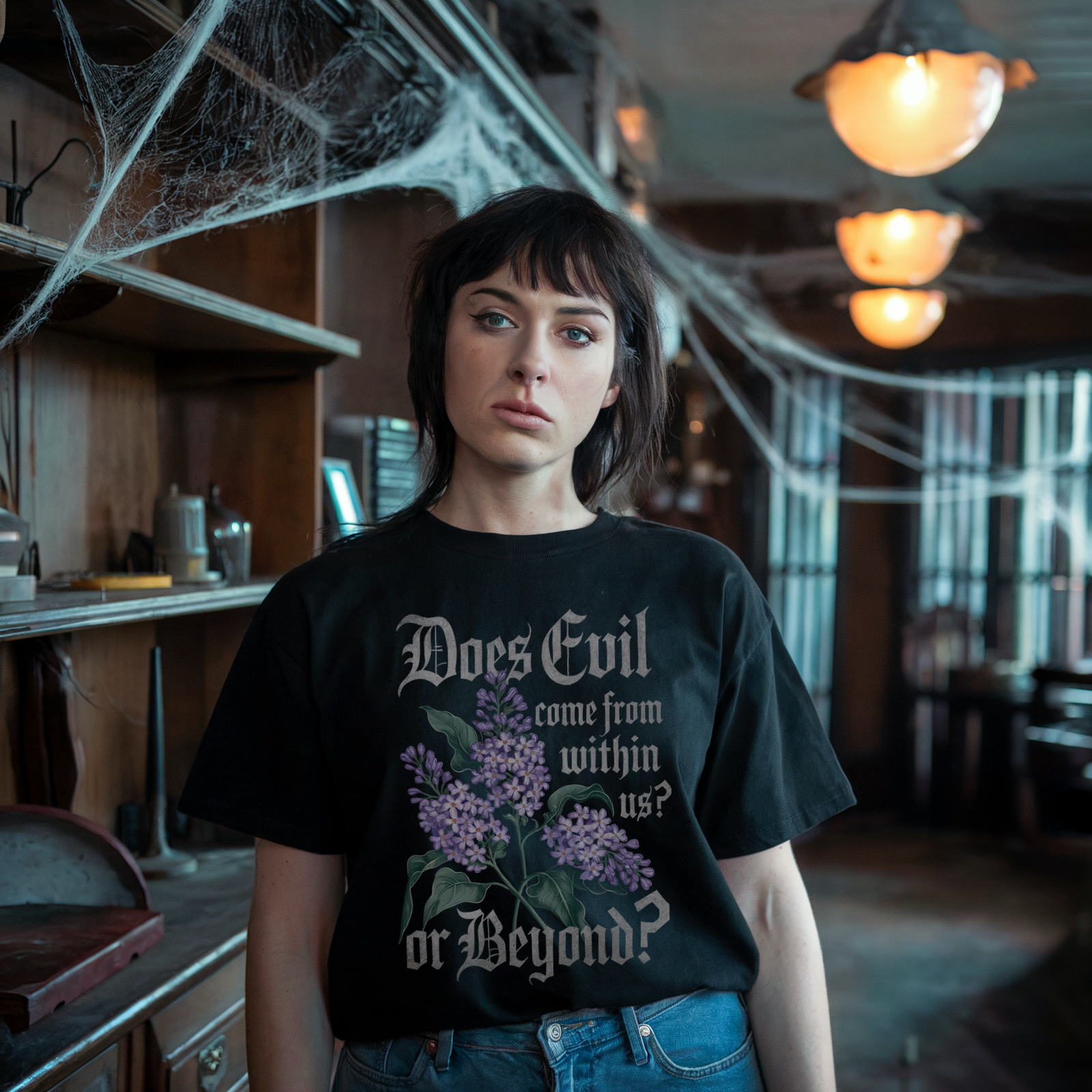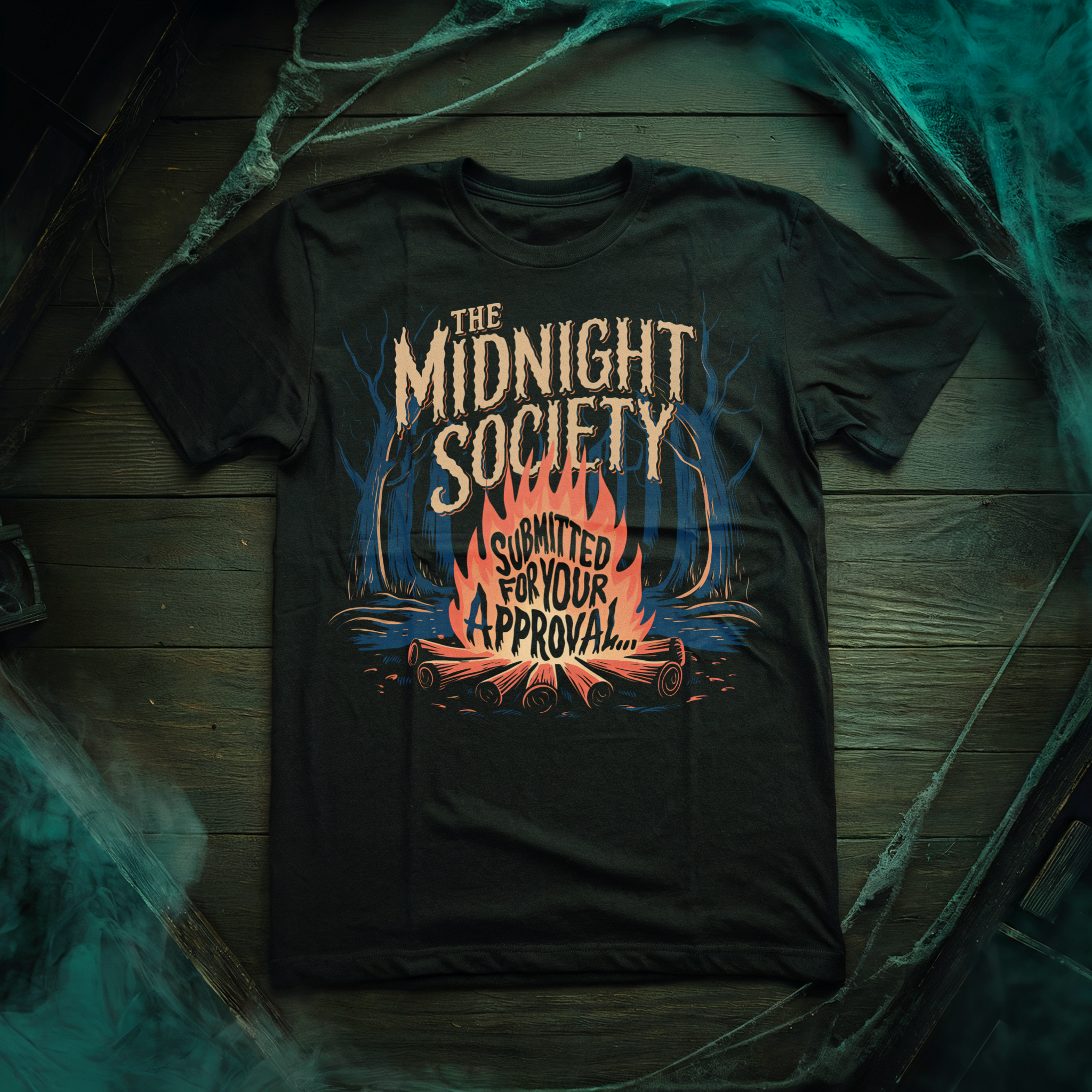The horror genre is no stranger to controversial material and oftentimes invites it home, promising a deeper conversation and maybe a lesson or two. Writer and director Emerald Fennell (Killing Eve) delves into the darker side of connection with her rape-revenge portrait, Promising Young Woman. As the title describes, “Everyone said Cassie was a promising young woman… until a mysterious event abruptly derailed her future. But nothing in Cassie’s life is what it appears to be: she’s wickedly smart, tantalizingly cunning, and she’s living a secret double life by night. Now, an unexpected encounter is about to give Cassie a chance to right the wrongs of the past in this thrilling and wildly entertaining story”.
Promising Young Woman packs a bevy of talent into its bitter story lead by Carey Mulligan (The Great Gatsby, 2013) and including Alison Brie (The Rental), Laverne Cox (Orange Is The New Black), Jennifer Coolidge (Legally Blonde), Clancy Brown (The Mortuary Collection), Connie Britton (Friday Night Lights), Bo Burnham (Eighth Grade), Alfred Molina (Spider-Man 2), Chris Lowell (Veronica Mars), Adam Brody (The O.C.), Christopher Mintz-Plasse (Superbad), and Molly Shannon (Superstar). In all of Promising Young Woman‘s vengeance, it appears to be a certain way but much like its representative vigilante, the bait-and-switch will cause quite a stir.
![001 PYW TP 00001 scaled [Review] PROMISING YOUNG WOMAN is A Sweet And Sour Mix That’s Hard to Swallow 11 001 PYW TP 00001 scaled](https://nofspodcast.com/wp-content/uploads/2021/01/001_PYW_TP_00001-scaled.jpg)
2 Become 1
In an interesting expression of rape-revenge, Fennell deviates from the typical grit and gore found in films like Wes Craven’s The Last House On The Left or the entire I Spit On Your Grave series. Promising Young Woman embodies a vibrant, prickling composition living up to the visionary expectations promised by its trailer. Each scene is candy-coated in color, including a very witty pink and blue palette. Playing on the socially-assigned colors of gender, Cassie is submerged in reds and pinks before the plot thickens, mixing with blue hues as correlated events are introduced, eventually ending on cooler notes.
The contrast and mixing of pinks and blues, whether it be in the wardrobe, lighting, and various props, is subtle and drastically present depending on the film’s flowing tones. The saccharine colors with bites of vibrancy turn out a confectionary design complemented by dollhouse-like set-pieces wrapping the hideous circumstances in a deliciously glossy shell. Making a statement on Cassie’s innocent and wicked appearances, her inner and outer aggression, her maturity, and her motives, the film’s use of color is a major testament to its intent. The symbology in Fennell’s aesthetic is thoughtful and precise, just as Cassie would appreciate.
“Promising Young Woman may go down smooth, but the bitter taste lingers long after the sweetness has dissipated.”
In addition to the pops of color, Fennell teases viewers with a pop culture soundtrack. Electric femme singles like “Boys” by Charlie XCX and “Selenas” by Maya B, eclectic sultry beats like “He Hit Me” by Carmen DeLeon and “Nihilist” by MUNA, modernized covers like Britney Spears’ “Toxic” by Anthony Wills and The Weather Girls’ “It’s Raining Men” by DeathByRomy and familiar hits like “2 Become 1” by The Spice Girls and “Stars Are Blind” by Paris Hilton make up a fun soundtrack that plays up the film’s narrative and look.
From relevant lyrics to a range of female talent, the songs culminate in a liberated community painting heartbreak, struggle, love, power, and sisterhood through music. Much like the visual palette, the auditory treatment follows suit in a wicked contrast against the grim and unjust subject matter unfolding throughout the film. Concluding with “Angel Of The Morning” by Juice Newton, Promising Young Woman sounds like a fun time but says so much more using the very colors and songs it displays for appeal.
![229 4148 D019 00484 RC scaled [Review] PROMISING YOUNG WOMAN is A Sweet And Sour Mix That’s Hard to Swallow 12 229 4148 D019 00484 RC scaled](https://nofspodcast.com/wp-content/uploads/2021/01/229_4148_D019_00484_RC-scaled.jpg)
Toxic
Revenge and vigilante tales carry a weighted emotion, especially when they touch on themes dipped in trauma and social reflections. Emerald Fennell uses her directorial debut to craft a deeply sad commentary that flirts with danger and challenges expectations. Setting the plot up with a tingly opening sequence of events, working a fluid exposition throughout, and executing a gut-punch ending, Fennell gives Promising Young Woman a fresh touch that (for the most part) successfully spins a relatable web around the revenge trope. As Cassie embarks on a corrective mission in the name of her friend Nina, she experiments in reversing dangerous liaisons by putting on the mask of the predator herself. Her goal takes on a different approach than what viewers would predict as Fennell masters the art of clever manipulation.
Cassie sets her sights not only on the men that prey on the weak or inebriated but also on the women who deny and debase the voice of victims in a shrewd recognition of societal issues. The film itself is wildly entertaining due to the combination of attractive cinematic elements and Fennell’s sharp storytelling, yet the harsh spirit of the subject matter expands the film’s tone from amusing to perturbing. The stakes remain taut and tense from beginning to end as the film is peppered with powerful lines of dialogue and verbiage that influences the discussion revolving around gender standards and perception. For every smart and cathartic triumph, there is a nasty stinger that will keep viewers guessing until the credits roll.
“For every smart and cathartic triumph, there is a nasty stinger that will keep viewers guessing until the credits roll.”
Rape revenge films stand boldly in divisive waters, with Promising Young Woman being no exception. By flipping the situation of a wolf in sheep’s clothing, Fennell gives audiences much to chew and cheer on. Cassie’s experience with the men and women responsible for the victim-shaming culture we inhabit is daunting, but her ultimate gameplay is a fulfilling vengeance on those who ignore, excuse, and engage in that behavior. Everything from toxic masculinity to blind cohesion is displayed and battled which presents a modern heroine many can confidently get behind.
While there is much to enjoy when it comes to Cassie’s achievements in Promising Young Woman, part of the narrative misses the mark whether by design or oversight. Nina is the victim at the heart of the film’s cause, driving both Cassie’s ongoing production of revenge and education, but she is a noticeably invisible character. Viewers are never made aware of specifically why she is permanently absent, nor do they see her face, but only hear her name. Nina, like many victims, is unmemorable to those who were involved in or knew of her attack and the move to keep her hidden may be an odd way to illustrate that. Comprehensive audiences may infer a lot, but Nina is strangely unseen contrary to Fennell’s core objective. Given that most of the film is saturated in supporting and enforcing feminist endeavors and holding a mirror up to the attitudes toward victims of sexual assault, it’s a point of contention that can be pushed aside for some, but for others it is a sore representation of victim awareness that detracts from the film’s message.
![035b 4148 D013 00222 RC scaled [Review] PROMISING YOUNG WOMAN is A Sweet And Sour Mix That’s Hard to Swallow 13 035b 4148 D013 00222 RC scaled](https://nofspodcast.com/wp-content/uploads/2021/01/035b_4148_D013_00222_RC-scaled.jpg)
Angel Of The Morning
Before an empowering period of the #MeToo movement, Emerald Fennell drafted Promising Young Woman and Cassie along with it. Commenting on the problematic mentality some men carry toward women, Fennell’s feminist narrative strikes extremely hard and impressively fair. Fennell intentionally draws perception to multiple positions when it comes sexual assault. With Cassie carefully placed at the center of most of the film’s frames, her direction reinforces a focus on the lead’s perspective saturated by surrounding doubt and denial. \
Fennell embraces the obligatory accusatory questions and unfortunately bleak content as a means of authenticity to this common narrative, rather than spinning a more fantastical triumph over evil. Like the film, her approach towards such heavily challenging material is sweetened only by the aesthetic but chooses to daringly aim for the head and heart. Overall, Fennell successfully exercises her hand at rape-revenge and gives viewers much to observe. While it may not sit well with them all, Fennell’s major intention is that Promising Young Woman should not really sit well with anyone.
“[Carey] Mulligan takes on the role by brilliantly channeling a lovely, authentic mix of assured agency and traumatic apprehension.”
As Promising Young Woman plays out, it’s obvious that Cassie’s admirable lead holds up in large part to Carey Mulligan’s performance. Coy and controlled, Mulligan takes on the role by brilliantly channeling a lovely, authentic mix of assured agency and traumatic apprehension. Since Nina’s attack, Cassie loses herself in plotting revenge and correcting the actions of local men all the while becoming crippled and stunted by guilt. Relating to the victim, she too is stripped of her identity and hesitates when the opportunity to move on finds her.
As a portrait of a heroine that is equal parts helpless and fierce, Mulligan manages to bleed charisma even at Cassie’s lowest point. Just as she excellently portrays a threatening powerhouse heroine, she invokes a natural vulnerability and sadness. Mulligan breathes life into Cassie with deadpan humor and demanding composure, which supplements both the character’s motives and development. Playing a woman inhibited against the pressures and expectations of others, but highly motivated to carry out an everlasting lesson in respect, Mulligan brings out the sincere complexities of womanly struggle.
![203 PYW FP 008 scaled [Review] PROMISING YOUNG WOMAN is A Sweet And Sour Mix That’s Hard to Swallow 14 203 PYW FP 008 scaled](https://nofspodcast.com/wp-content/uploads/2021/01/203_PYW_FP_008-scaled.jpg)
Like a cocktail, Promising Young Woman may go down smooth, but the bitter taste lingers long after the sweetness has dissipated. The flavor may not be for everyone, but it’s important for viewers to understand what goes into the mix and what could make it taste better. Fennell continues the effort to open a space for a larger discussion to take place; for attitudes to be changed, for perspectives to be considered, for responsibilities to be measured, and for actions to be recognized. Promising Young Woman is another notch on a belt of emerging rape-revenge films punctured with the goal of awareness in mind. It’s not a perfect film and might not deliver a shiny final product of achievement in the end, but there’s still much work to be done where the film’s meaning lives. This lesson, this fight, is also not complete.
Promising Young Woman is currently playing in select theaters and will be available for at-home on-demand rental beginning January 15th. Let us know what you thought of Promising Young Woman over on Twitter, Reddit, Facebook, and in the official Nightmare on Film Street Discord. Not a social media fan? Get more horror delivered straight to your inbox by joining the Neighbourhood Watch Newsletter.
![Insta Final One Sheet [Review] PROMISING YOUNG WOMAN is A Sweet And Sour Mix That’s Hard to Swallow 15 Insta Final One Sheet](https://nofspodcast.com/wp-content/uploads/2021/01/Insta_Final-One-Sheet.jpg)





![065 PYW FP 002 scaled [Review] PROMISING YOUNG WOMAN is A Sweet And Sour Mix That’s Hard to Swallow 10 065 PYW FP 002 scaled](https://nofspodcast.com/wp-content/uploads/2021/01/065_PYW_FP_002-scaled.jpg)



